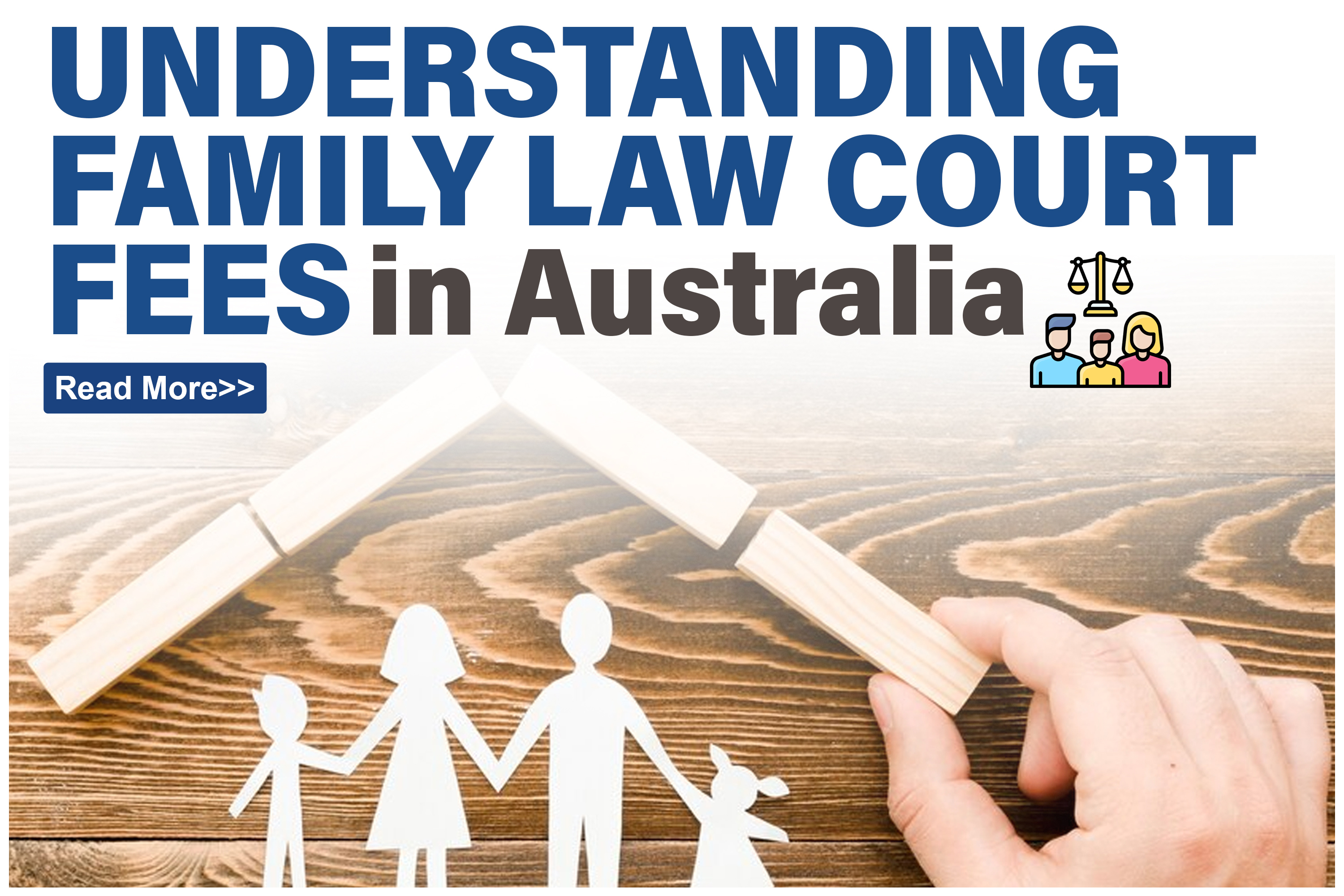Divorce Lawyers in Melbourne Australia – Complete Guide for Couple
Jan 31, 2026

A Guide by Bansal Lawyers in Melbourne
Family law matters can be challenging, particularly when it comes to understanding the costs involved. As you embark on your legal journey whether you are seeking a divorce, child custody arrangement, or financial settlement. it is crucial to know what fees to expect and how they may impact your case.
At Bansal Lawyers, we believe in providing clarity about the legal process, so here’s a comprehensive breakdown of the fees that you might encounter in family law proceedings in Australia, based on the Federal Government’s Family Law (Fees) Regulations 2022. These fees are effective from 1 July 2024 and can help you budget appropriately for your case.
When you file a case in court, you'll need to pay a filing fee. These fees vary depending on the type of application you're submitting. Below are some of the most common fees:
If you’re in a situation where financial hardship is a concern or you hold certain government concession cards, you may be eligible for reduced fees or even exemptions. Be sure to check the specific guidelines or speak with our legal team to see if you qualify.
As your case moves forward, additional fees may apply for court events such as hearings or conciliation conferences. These fees help cover the administrative costs of organizing and conducting these proceedings.
These event fees are non-refundable once paid, so it’s important to be prepared for these costs. If your case goes to a trial or if hearings are scheduled over multiple days, you will need to account for daily hearing fees.
There are also various smaller fees for specific actions in the court process, such as:
To make the payment process easier, family law court fees can be paid in several ways, including:
It’s important to note that GST does not apply to court fees, which simplifies the cost structure.
If you're facing financial hardship, you may be eligible for reduced fees or fee exemptions, particularly for divorce and decree of nullity applications. Both parties must meet eligibility requirements for a reduced fee in divorce applications filed jointly.
To see if you qualify for reduced fees or fee exemptions, be sure to consult the Guidelines for Reduced Fees or reach out to our legal team for further assistance.
At Bansal Lawyers, we understand that family law proceedings can be financially and emotionally draining. That's why we aim to make the process as transparent and manageable as possible. We’re here to guide you through the complexities of the legal system while ensuring that you understand the costs involved at each stage.
Last updated: Jul 09, 2025